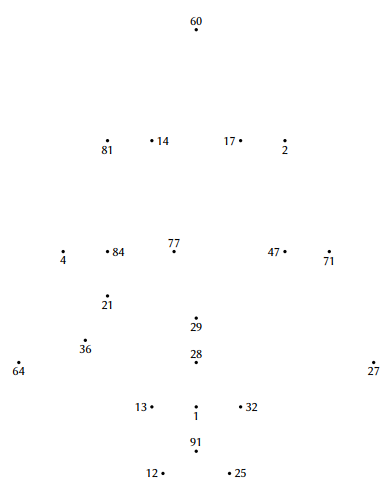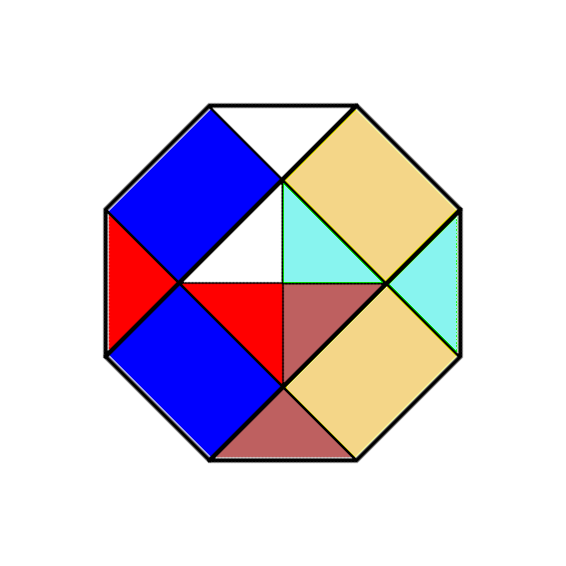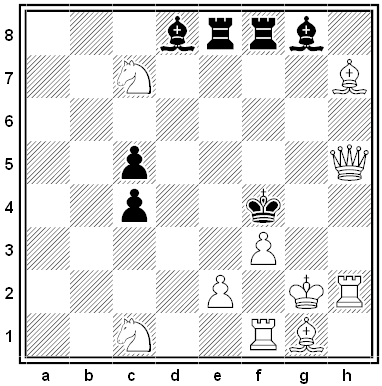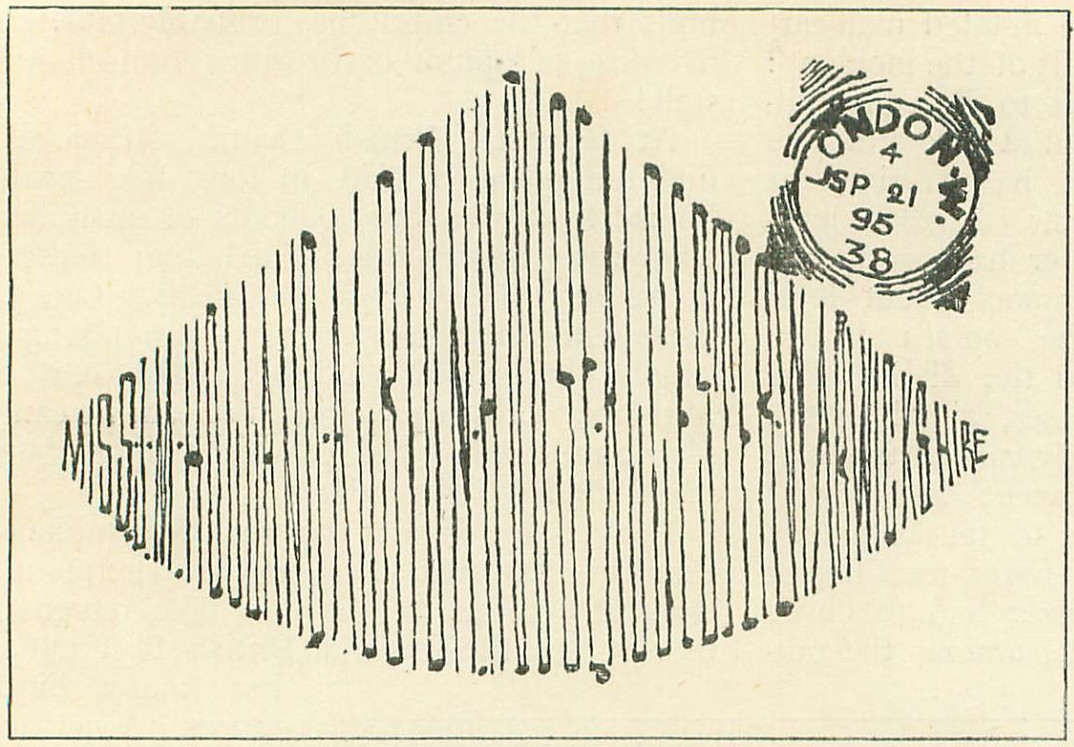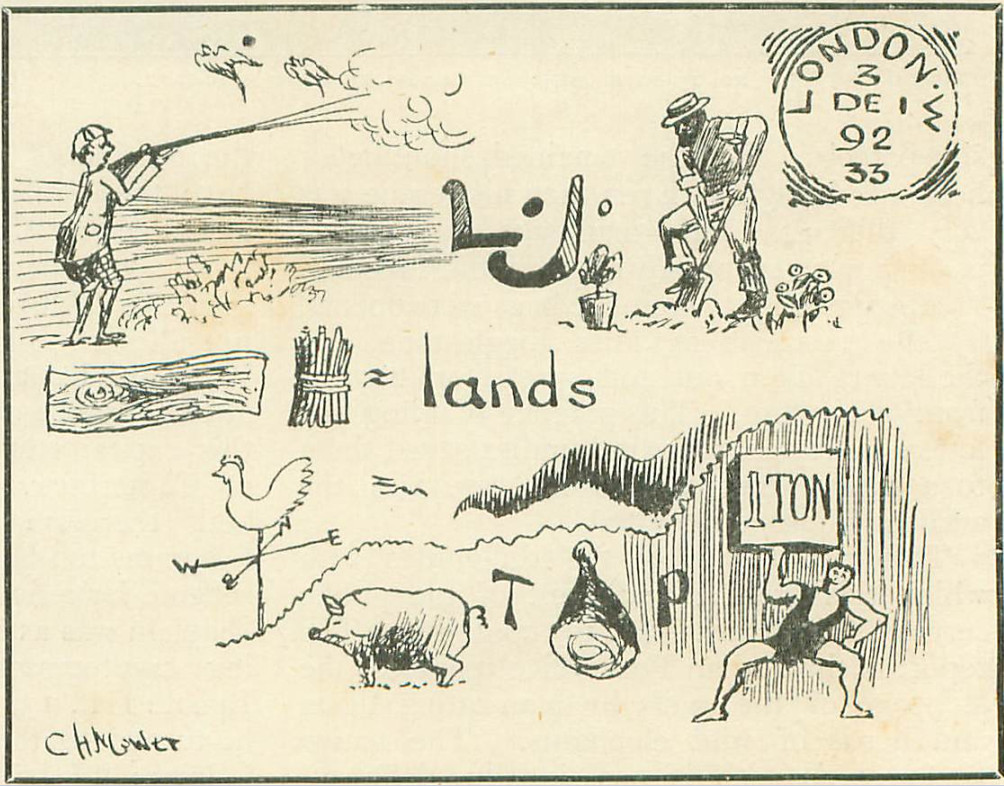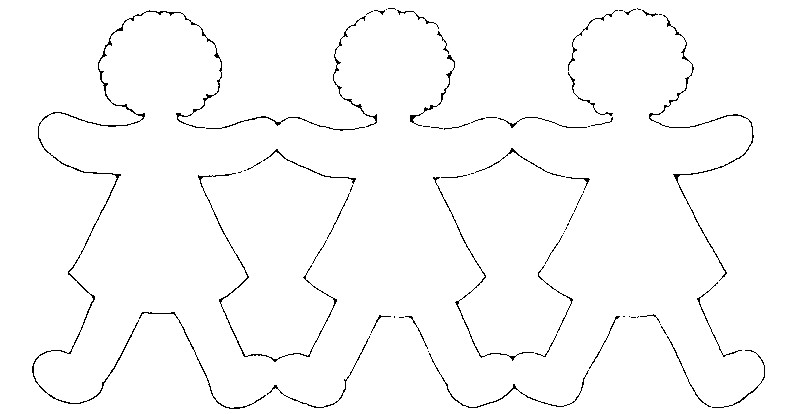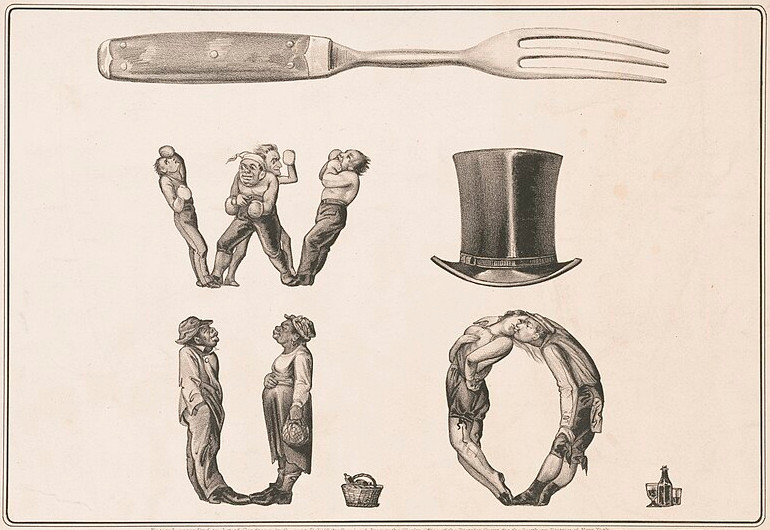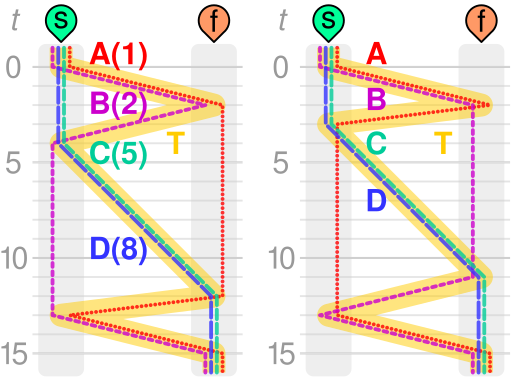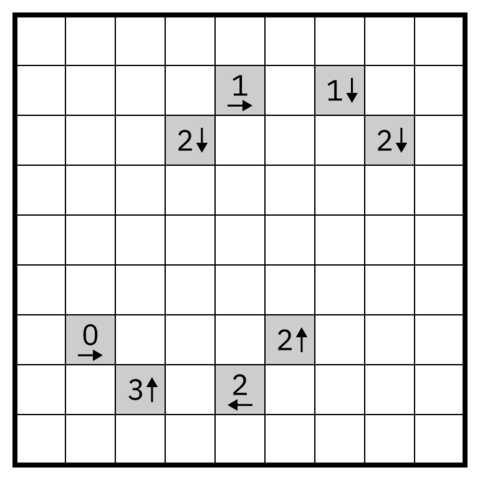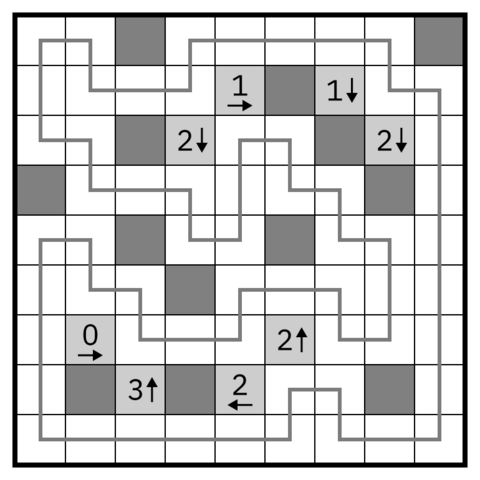All truth-tellers will give the same response to question 2 as all other truth-tellers, so we can divide suspects up into groups based on how they responded to question 2. Then, we can consider the implications from each group potentially being the truth-telling group. There are 5 possibilities for the truth-telling group: (1), (4), (3, 7), (2, 5, 6), or none of them. Let’s consider each case:
Person 1: Yes; 1; 1
If this is the group of truth-tellers, then we have:
1 truthful confession (#1) + 4 liars claiming innocence (#3, #4, #5, #6) = 5 guilty, not 1 as claimed.
Person 4: No; 4; 1
If this is the group of truth-tellers, then we have:
0 truthful confessions + 3 liars claiming innocence (#3, #5, #6) = 3 guilty, not 4 as claimed.
Person 3: No; 2; 2
Person 7: Yes; 2; 2
If this is the group of truth-tellers, then we have:
1 truthful confession (#7) + 3 liars claiming innocence (#4, #5, #6) = 4 guilty, not 2 as claimed.
Person 2: Yes; 3; 3
Person 5: No; 3; 3
Person 6: No; 3; 3
1 truthful confession (#2) + 2 liars claiming innocence (#3, #4) = 3 guilty, as claimed, so this scenario is logically consistent.
If ALL the suspects are liars, then we have:
0 truthful confessions + 4 liars claiming innocence (#3, #4, #5, #6) = 4 guilty, which was claimed by Person #4, who was assumed to be a liar in this case.
The truth-tellers must be #2, #5, and #6; the chief should arrest #2, #3, and #4.
From the NSA’s Puzzle Periodical of Nov. 15, 2016.
